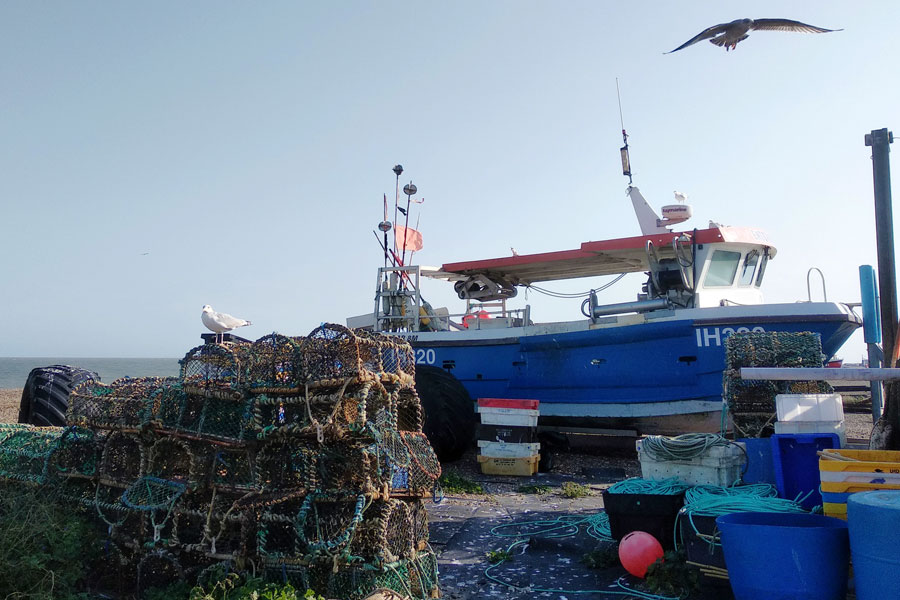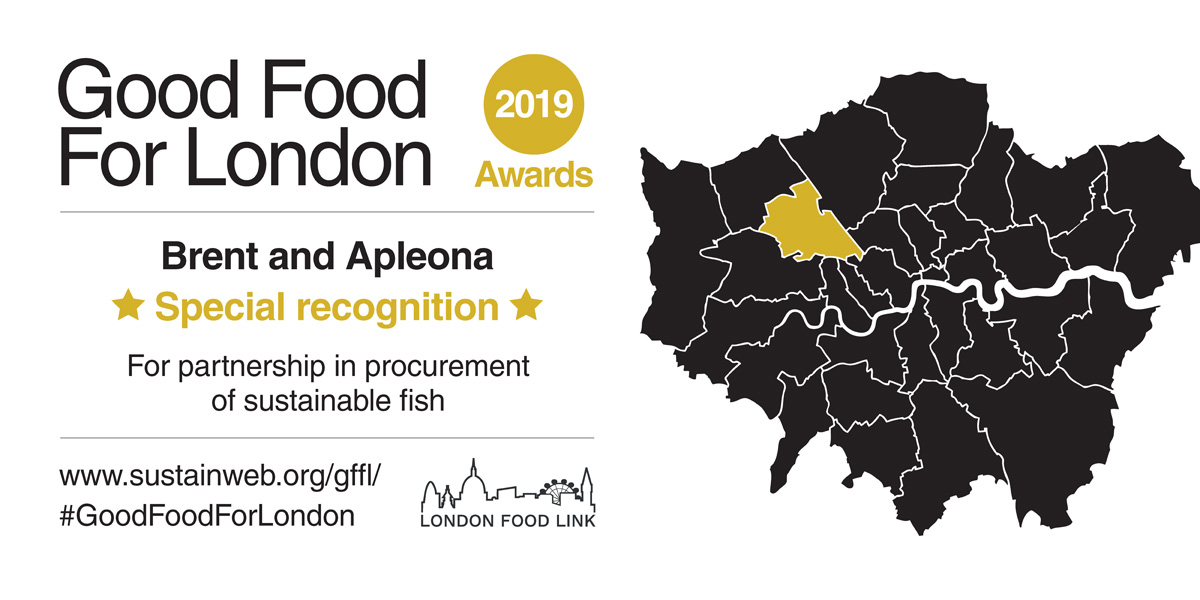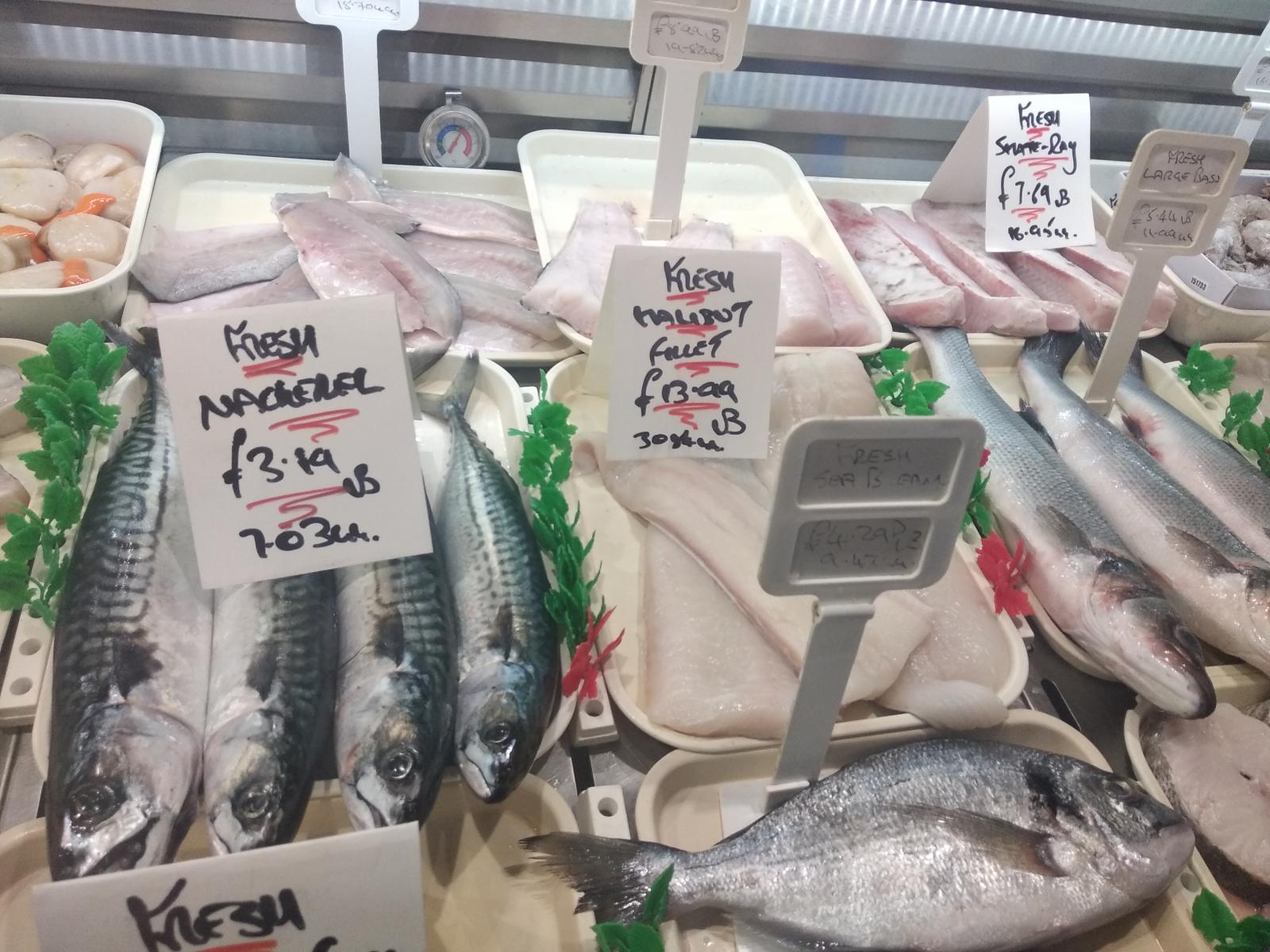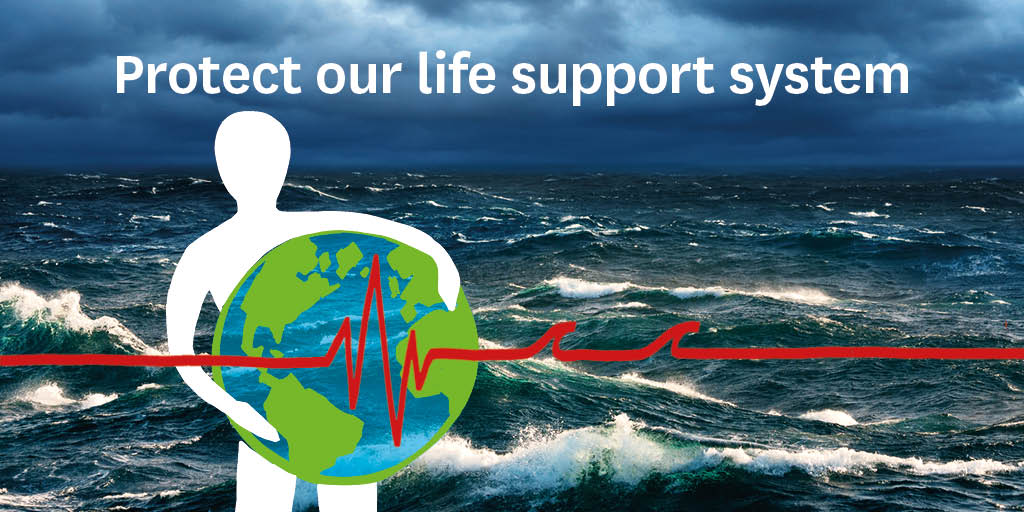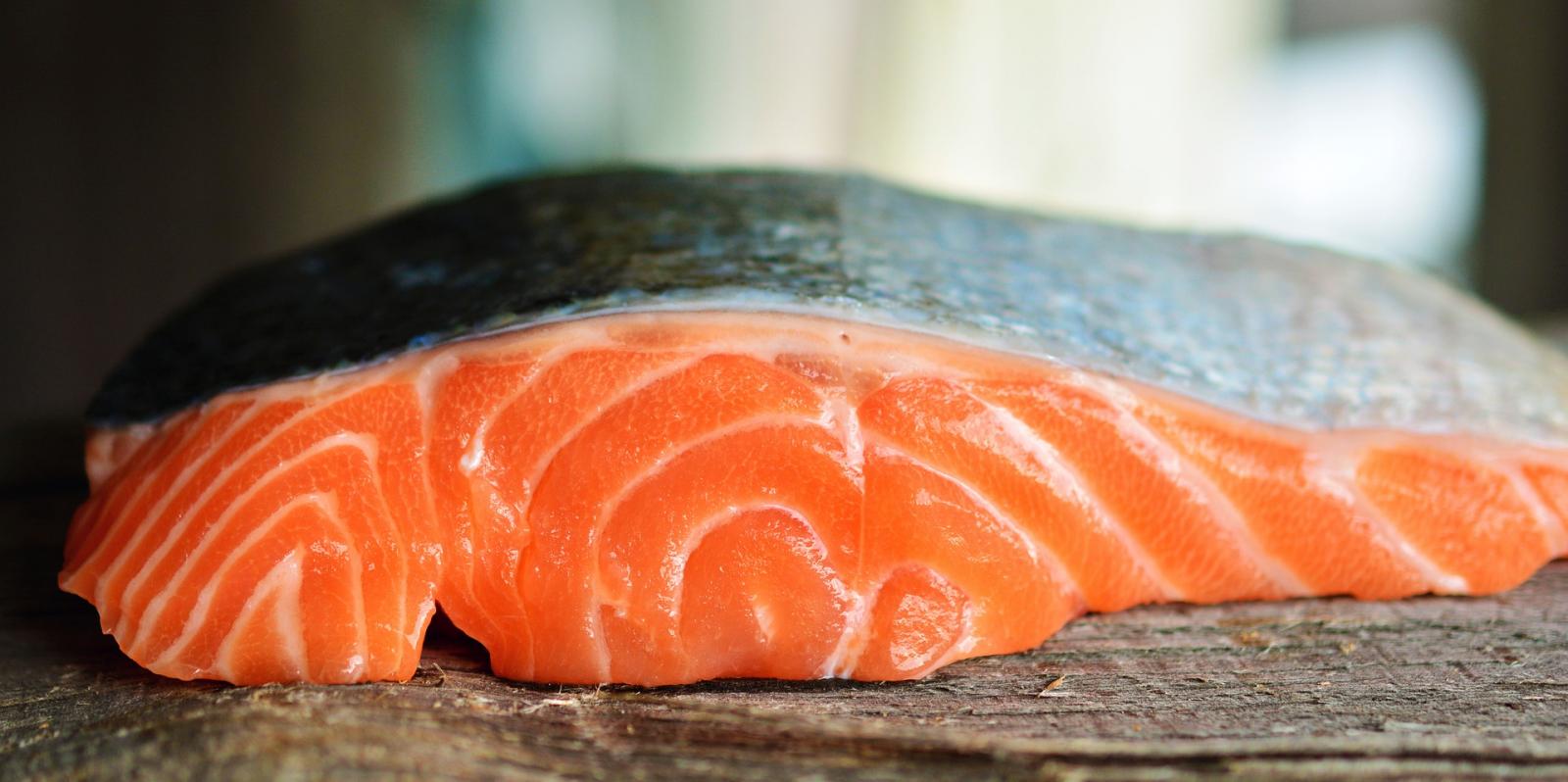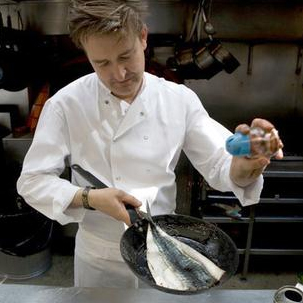UNEP recommends serving only sustainable fish
 In March 2011, the United Nations Environment Programme (UNEP) issued guidance on serving sustainable fish in catering for UN canteens.
In March 2011, the United Nations Environment Programme (UNEP) issued guidance on serving sustainable fish in catering for UN canteens.
Announcing their new sustainable procurement guidelines, UNEP stated, "The growing population of the planet (fourfold in the past 100 years) is placing a strain on the ability of the world’s agricultural production to meet the nutritional needs of the entire global population." The procurement guidelines are intended to help UN agencies around the world use natural resources in a responsible way, and to stimulate and accelerate a change in production towards more sustainable methods.
In its explanatory document to accompany the new guidelines, the UN stated: "In marine environments, fishing can disrupt or completely destroy a localised ecosystem by reducing stocks of certain fish, and therefore upsetting the entire food chain which that fish forms a part of. Up to 80% of the world‘s primary fisheries stocks are thought to have been exploited to close to or beyond their optimum harvest capacity and therefore require effective and precautionary management."
Consuming fish only from demonstrably sustainable sources is an important way in which the UN can take immediate and practical action to demonstrate its commitment to sustainable development, defined by the Brundtland Commission as follows: "Sustainable development is development that meets the needs of the present without compromising the ability of future generations to meet their own needs."
The Executive Director of the United Nations Environment Programme (UNEP), Achim Steiner, said, "Under UN Secretary General Ban Ki Moon's leadership, the UN is determined to demonstrate its 'sustainability credentials' by action on the ground and by good housekeeping at home."
The UN’s new food guidelines include a commitment to buying only sustainable fish, by:
- Excluding the worst - not buying threatened species - defined in Europe as those on the Marine Conservation Society's 'fish to avoid' list)
- Buying the best - for wild caught, Marine Stewardship Council certified; for farmed fish, Soil Association organic certified.
These important measures were described by UNEP as “basic sustainability [whose] criteria address the most significant environmental and social impacts, and are designed to be used with minimum additional verification effort or cost increases”.
Prepared by the UNEP, working with the Russell Partnership, the guidelines include a summary of the key principles of sustainable procurement, the environmental impact of food choices, social issues associated with food production, and the principles for implementing good practice.
The guidelines, part of a series on sustainable procurement, are primarily aimed at UN agencies but are available for any organisation to use. Download the series of procurement-related guidelines - including the catering guidelines - at: http://www.greeningtheblue.org/resources/procurement
 Download the UN sustainable catering guidelines [500kb PDF]
Download the UN sustainable catering guidelines [500kb PDF]
 Download a summary of the UNEP sustainable fish commitment [170kb PDF]
Download a summary of the UNEP sustainable fish commitment [170kb PDF]
 Download UNEP's background paper on sustainable food [900kb PDF]
Download UNEP's background paper on sustainable food [900kb PDF]
Published Tuesday 1 March 2011
Sustainable Fish: A campaign to protect precious marine environments and fishing livelihoods, and call for fish to be bought from sustainable sources. We want to show what can be done if people and organisations make a concerted effort to change their buying habits.
